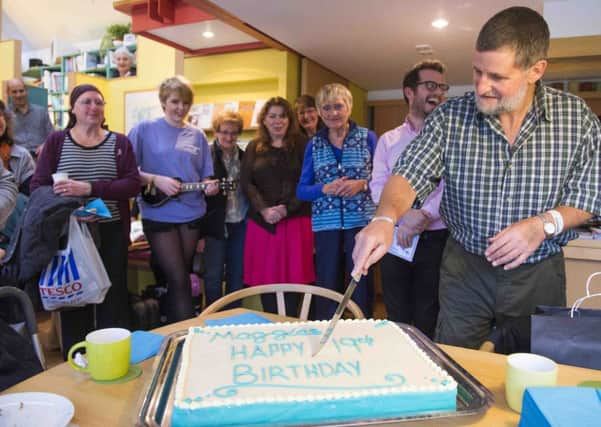Laura Lee: Blame culture does not help patients


Most recently there was widespread coverage of a study which said that stress and anxiety can increase cancer risk by a third.
As the chief executive of a cancer charity I believe it is my responsibility to keep up-to-date with these stories because they impact the people who come to our centres for support. For those people living with the uncertainty of cancer, constant news stories around its many causes can have a profound psychological effect.
Advertisement
Hide AdAdvertisement
Hide AdMany people come to Maggie’s because they struggle with the emotional impact of a cancer diagnosis. One question we always hear is ‘could I have done anything to prevent it?’ News stories about causes can then create feelings of guilt.
Cancer catapults people into the unknown and causes them a huge psychological struggle. Even with all of the information that the oncologists are able to offer there will always be ‘what ifs’ with cancer. It is a health issue unlike most others in that it has many possible causes and so many different outcomes.
With such uncertainty, media reports can easily add to the burden. For instance, we often hear from those who attend our support groups that they avoid telling others about their type of cancer as they don’t want to be judged.
Sometimes there is nothing that people can do to avoid cancer: it is a mutation of cells that can be caused from a limitless number of factors, including genetic make-up. This though is a rarely-told story in the media where the focus seems to be on human error, not chance.
However, even when lifestyle choices have led to a cancer diagnosis, placing that guilt on to a person who is going through such a difficult experience is unhelpful. Many people with cancer are dealing with low mood and loss of confidence so find ignoring blameful media stories difficult.
This can often lead to a seemingly perverse refusal to adopt a lifestyle change even though it will boost the effectiveness of their treatment or impact their chance of recurrence. In fact emotions such as guilt or self-pity can drive some people to seek refuge and escapism in things like alcohol or over-eating.
Of course, at Maggie’s we want people to live the healthiest lives they can and not to add to their risk of cancer, but we also care for people who are trying to find their way through the fear that comes with cancer. The last thing they need to add is guilt. At Maggie’s we do not judge and our main concern is helping people find their way through cancer both practically and often more importantly, emotionally.
My hope is that media portrayal becomes more educational, enabling and less quick to apportion blame in the future. l Laura Lee is Maggie’s chief executive. Maggie’s currently has 19 centres across the UK and offers free practical, emotional and social support to people with cancer, as well as family and friends.